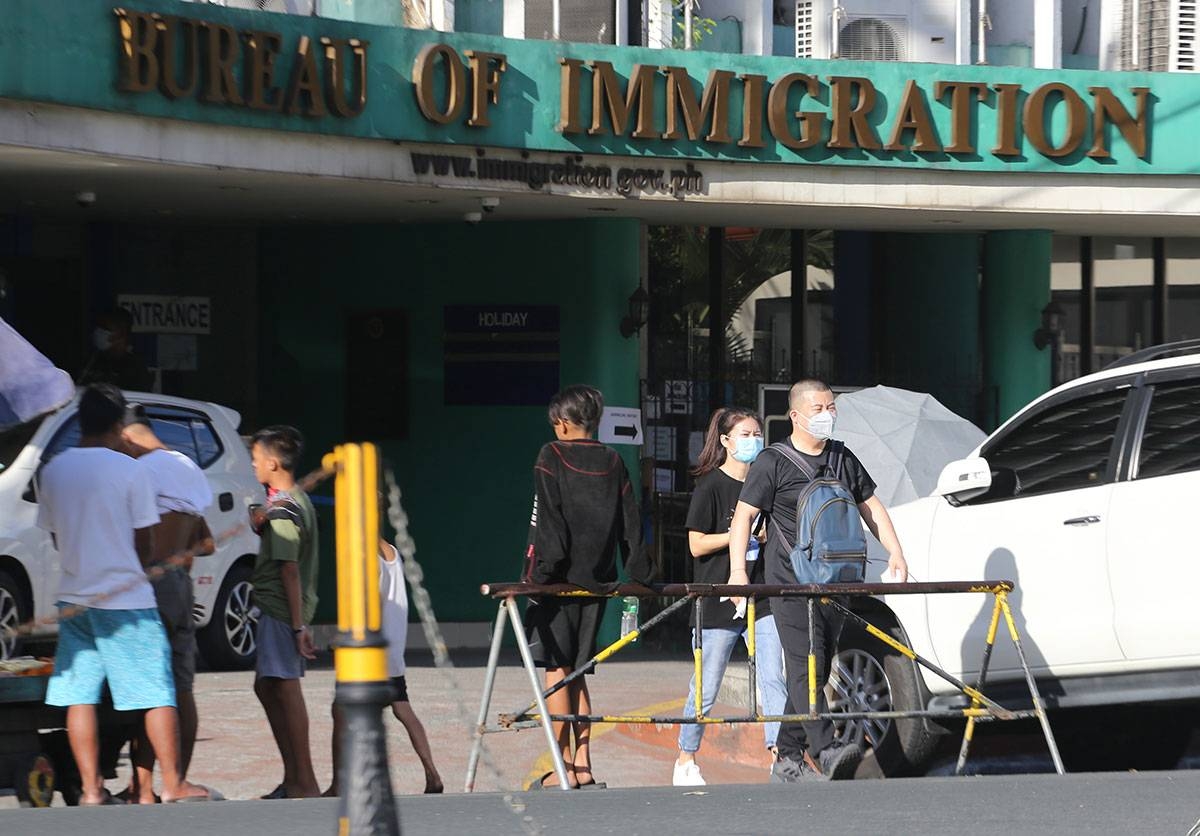A lawmaker has called on the Bureau of Immigration (BI) to provide clear guidelines regarding the expenses incurred by Filipinos who miss their flights due to secondary inspection by immigration officers. This reminder comes in light of the 2024 General Appropriations Law, which states that the travel expenses of Filipino passengers who are deferred or denied boarding without a court order should be charged from the balance of the BI’s special trust fund account of accrued collections of express lane fees and charges.
Makati City 2nd District Representative, Luis Campos Jr., emphasized the importance of striking a balance between the right of every Filipino to travel and the BI’s obligation to enforce immigration laws. As a vice chairman of the House Committee on Appropriations, Campos highlighted the significance of this special provision.
“While we recognize the need for the BI to enforce immigration laws, it is crucial to ensure that the rights of Filipino travelers are protected,” stated Campos. “The guidelines that are yet to be issued by the BI, the Department of Budget and Management, and the Commission on Audit will play a vital role in implementing this special provision effectively.”
By providing clear guidelines, the BI will not only address the concerns of Filipinos who have experienced secondary inspection but also establish a transparent process for handling such situations. This will contribute to the overall efficiency of the immigration system and enhance the travel experience for all passengers.
Secondary inspections can occur for various reasons, including random selection, suspicion of illegal activities, or the need for further verification of travel documents. While these inspections are necessary to ensure national security and prevent unauthorized entry, it is essential to minimize any inconvenience caused to travelers.
The guidelines issued by the BI, the Department of Budget and Management, and the Commission on Audit should outline the specific expenses that will be covered for Filipinos who miss their flights due to secondary inspection. This may include costs such as rebooking fees, accommodation, meals, and transportation.
Furthermore, the guidelines should clarify the process for reimbursement and the necessary documentation that passengers need to provide to claim their expenses. This will help streamline the reimbursement process and avoid any potential misunderstandings or delays.
It is important to note that the implementation of these guidelines should be fair and consistent. The BI should ensure that all immigration officers are aware of the guidelines and follow them diligently. This will prevent any discrepancies or biases in the treatment of passengers who have missed their flights due to secondary inspection.
In conclusion, the call for the Bureau of Immigration to issue guidelines on the expenses incurred by Filipinos who miss their flights due to secondary inspection is a significant step towards protecting the rights of Filipino travelers. By providing clear guidelines, the BI can ensure transparency, fairness, and efficiency in handling such situations. This will contribute to a positive travel experience for all passengers, while also upholding the BI’s responsibility to enforce immigration laws.







